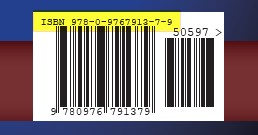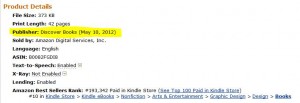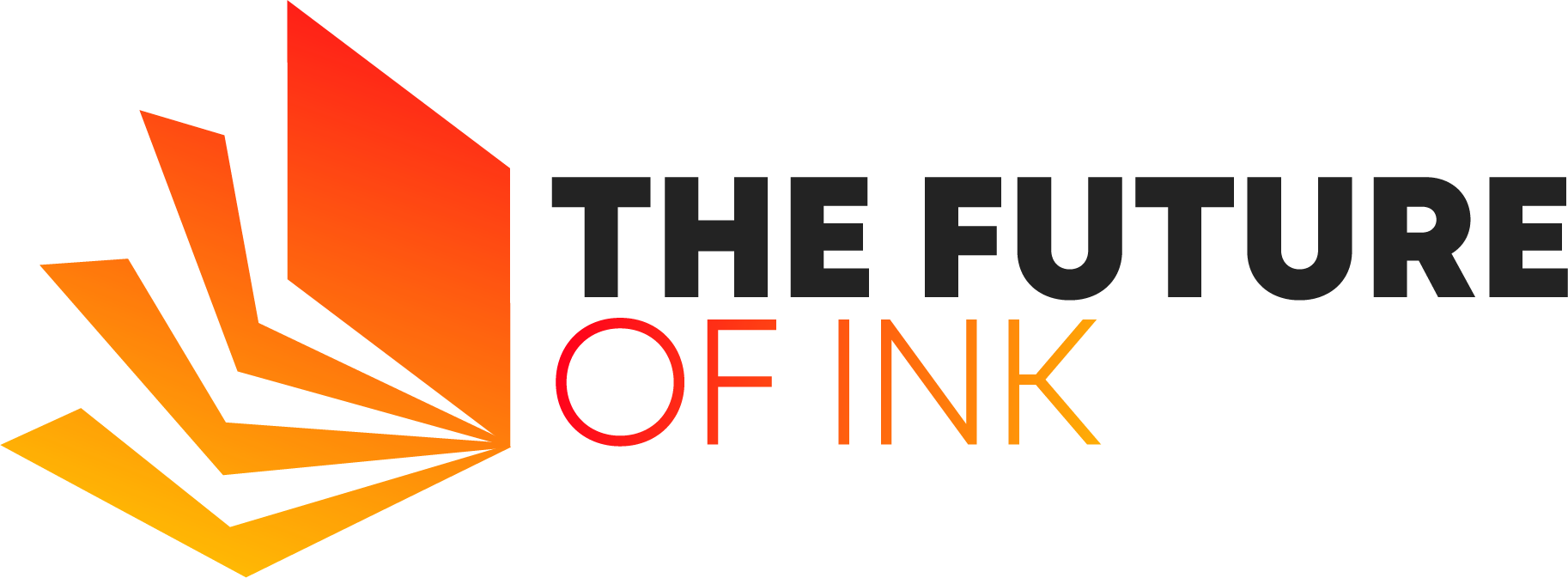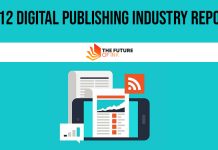Contents
An ISBN (International Standard Book Number) has been the standard in the publishing industry for eons to track title listings, multiple editions, book formats, and sales. Knowing this definition alone might make you instantly jump to the conclusion that you do, in fact, need an ISBN for all formats of your book, including the eBook format.
But for eBook formats, the ISBN rule gets confusing, especially with the rise of Amazon’s Direct to Kindle program.

Does your eBook (Kindle, Nook, iBook, etc.) need an ISBN?

The short answer: It depends. There are several factors involved in applying ISBNs to eBooks, not the least of which is price. According to Bowker, the ISBN agency, every format of every book should have its own unique ISBN for tracking purposes.
This guarantees publishers are paid the correct amount for book sales, customers know exactly what version of what title they are purchasing, libraries can file eBooks and stock physical books once rather than mistakenly buying the same title twice, and retailers list books correctly in their databases.
However, there is also the price factor to consider. Some eBooks sell only a few dozen copies. With Bowker charging $250 USD for a block of 10 ISBNs, you can burn through them in a hurry and never sell enough eBooks to make up the investment for the ISBN.
Not to mention the cost of proper eBook formatting, professional cover design, and retailers’ required discounts. This may make you re-think applying an ISBN to every eBook you publish.
Also Read: What’s the Correct Length for an Ebook?
When might your eBook not require an ISBN?
Short answer: If you’re only publishing on Kindle or your own website and nowhere else. Amazon’s Direct to Kindle program has its own internal tracking number assigned to each eBook.
Since your eBook is not sold anywhere else, Kindle tracking is all you need and you don’t need to concern yourself with “wasting” an ISBN on that listing.
If you publish a lot of Kindle books from interviews, blog content, or transcripts, it’s best not to apply ISBNs to those titles.
Which begs the question, when do you want an ISBN assigned to your eBook?
Answer: When any of the following 5 conditions apply:
#1: You want your eBook to be listed in your own publishing company’s name.
There’s nothing like having “Kindle Direct Publishing” appearing on your eBook’s listing to lump you into the same category as much of the cheap, bad quality, self-published eBook sludge flooding the market through Amazon’s Direct to Kindle program.

To truly stand out from what should remain in the digital slush pile, you need your eBook to show it’s published by a “real” publisher.
That means becoming a “real” publisher yourself by purchasing a block of ISBNs from Bowker and applying one to each eBook you publish, along with your chosen company name.
#2: You want to sell your eBook with multiple retailers.

Because Amazon’s Kindle Store is a closed system, it can use its own tracking numbers to track sales and avoid costly ISBNs altogether.
But if you want to list your eBook on multiple retailers’ websites and maximize potential sales through Nook, iPad, Sony Reader, and more, these retailers require that your book be assigned its own unique ISBN.
If you use a mass eBook distributor like BookBaby, you may choose to purchase one of their ISBNs at a slightly cheaper rate than buying your own (unless you opt for the block of 100 ISBNs instead of 10), but you will fall into the same trap as many self-published eBook authors by having “published by BookBaby” attached to all your eBooks rather than being tagged as a “real” high-quality publisher – yourself.
#3: You want your eBook’s title to rank higher on Google.
Purchasing ISBNs gives you the ability to list your book in Bowker’s Books in Print database, which is licensed to search engines like Google.
If your eBook is not included in the Books in Print database, it may not show up in internet search results.
Nowadays consumers are accustomed to searching an author or title of a book online prior to purchasing, and with eBooks, it’s absolutely essential you make yourself found in the search engines since consumers can’t walk into a bookstore and purchase an eBook that is not available on the brick and mortar shelf.
This, to professionals, is one of the primary reasons to apply the extra expense of an ISBN to eBooks.

#4: You want to make sure you get paid for eBook sales that are rightfully yours.
If your eBook does not have its own unique ISBN registered directly to you, your sales can be confused with another publishing company and that company may receive sales reports and money for sales that belong to you.
This can be embarrassing and troublesome to clear up, and unless you’re following your eBook sales closely you may not even notice the money is missing from your account.
Also Read: How to Conduct a LibraryThing eBook Giveaway?
#5 You live in a country that requires an ISBN for eBook formats.
Some countries require an ISBN, even for eBooks sold through Amazon’s Direct to Kindle program. When in doubt, do a quick internet search to see if you live in one of these countries.
The standard of applying an ISBN to each format of a book, whether it appears in paperback, hardback, large print, audio, or e-formats like Kindle, Nook, iBooks, etc. is a standard that may change as the eBook industry grows and changes.
But for now, the best rule of thumb is for eBooks with authors who wish for maximum exposure with their eBooks, applying unique ISBNs is a good investment!
What are your thoughts about purchasing ISBNs for your eBooks?




